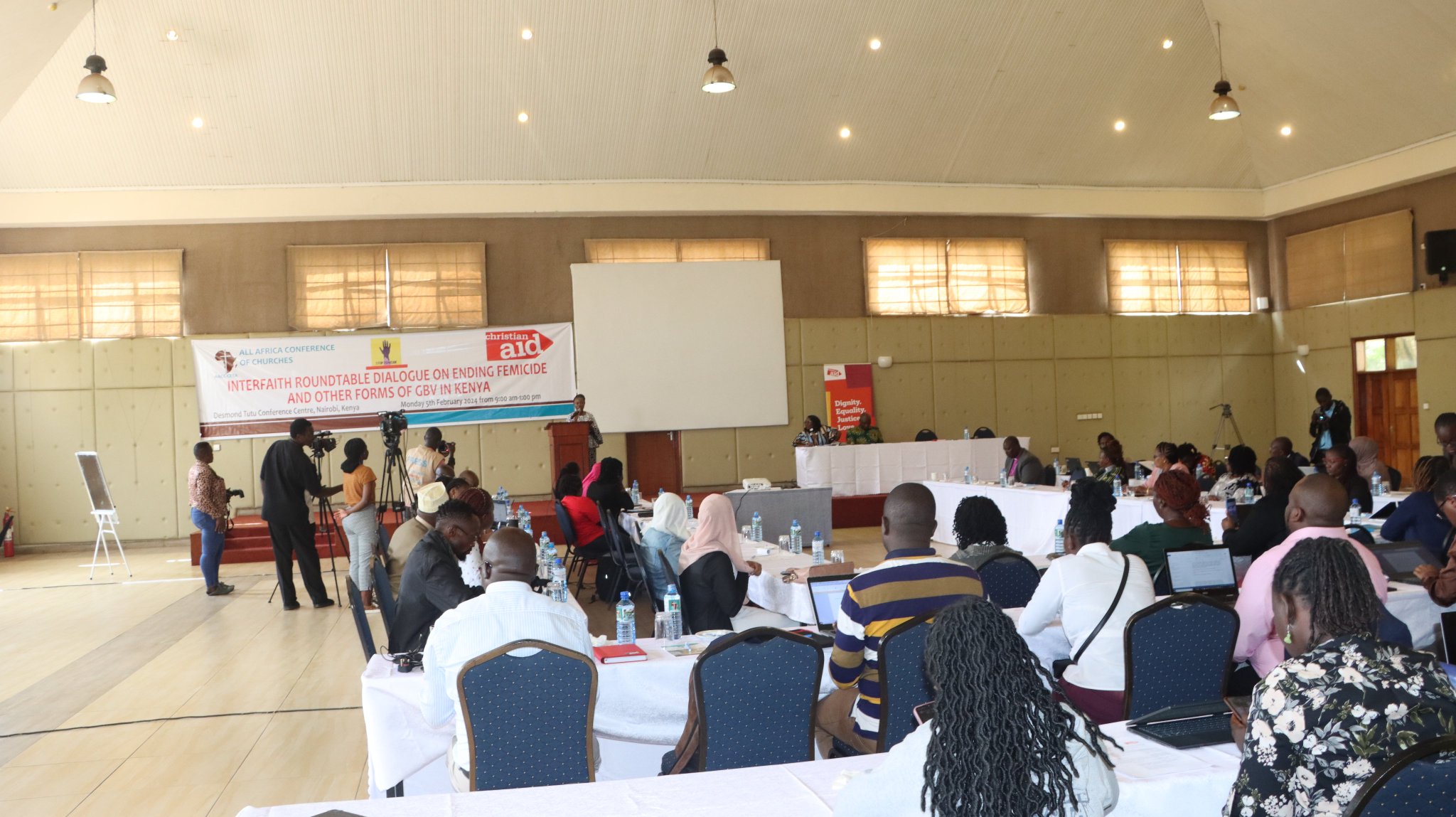By Eddah Waithaka
On 2 August, members of the Pharmaceutical Society of Kenya (PSK) voiced their concerns over several pending bills that could reshape the landscape of pharmacy practice in the country. PSK advocates for quality pharmaceutical care and plays an important role in shaping pharmaceutical legislation and policy in the country.
Established in 1964, members of the Society have been actively involved in various regulatory bodies including the Department of Health, County Councils and the Pharmacy and Poisons Board.
Speaking at the press conference, Dr. Tabitha Kimani, the Vice President of the Pharmaceutical Society of Kenya, said that there are a number of bills that will affect the practice of pharmacy.

“One of them is a narcotic and a psychotropic bill. We are also going to address the veterinary bill and also we are going to talk about importation, all of which are affecting the sector and of course cumulatively they are going to affect the society and the community at large,” she said.
Also Read: https://switchmedianews.wordpress.com/2024/08/01/kenya-promotes-data-driven-dolutions-for-young-people-on-world-population-day/
“The Narcotic Drugs and Psychotropic Substances Amendment Bill 2024 seeks to amend existing legislation in Kenya to exempt cathinion and cathin, substances found in the mirror plant you call cathaedulis, from being classified as psychotropic substances. The rationale behind this amendment is to improve the economic prospects of the mirror industry, which is an important source of livelihood for many Kenyans,” said the Doctor.
“The bill argues that the classification of these substances as a psychotropic by the national campaign against alcohol and drug abuse, which is NACADA, negatively impacts the market for mirror, despite the government efforts to boost the sector,” added Dr. Tabitha.
However, the Pharmaceutical Society of Kenya strongly oppose this amendment, arguing that it contradicts both the Kenyan constitution and international conventions to which Kenya is a party.
Members emphasize the health risks associated with cathinion and cathine, which are internationally recognized as psychotropic substances and can have negative impact on mental health.
In addition, PSK highlights that the removal of these substances from the list of controlled substances could lead to increased abuse and health problems, potentially requiring more government spending in the public interest.
They therefore wish to point out that, as stated in Article 43 of the Kenyan Constitution, this should take precedence over any economic interest, and warn that deregulation of cathinion and cathine could lead to an influx of both natural and synthetic derivatives, complicating the enforcement of public health efforts.
The lobby also argues that international market access for mirrors would require these issues to be addressed at the UN level, rather than through unilateral legislative changes.
In summary, while the bill seeks to boost the industry by deregulating its psychoactive components, it faces significant opposition due to health concerns and potential conflicts within the international law.






